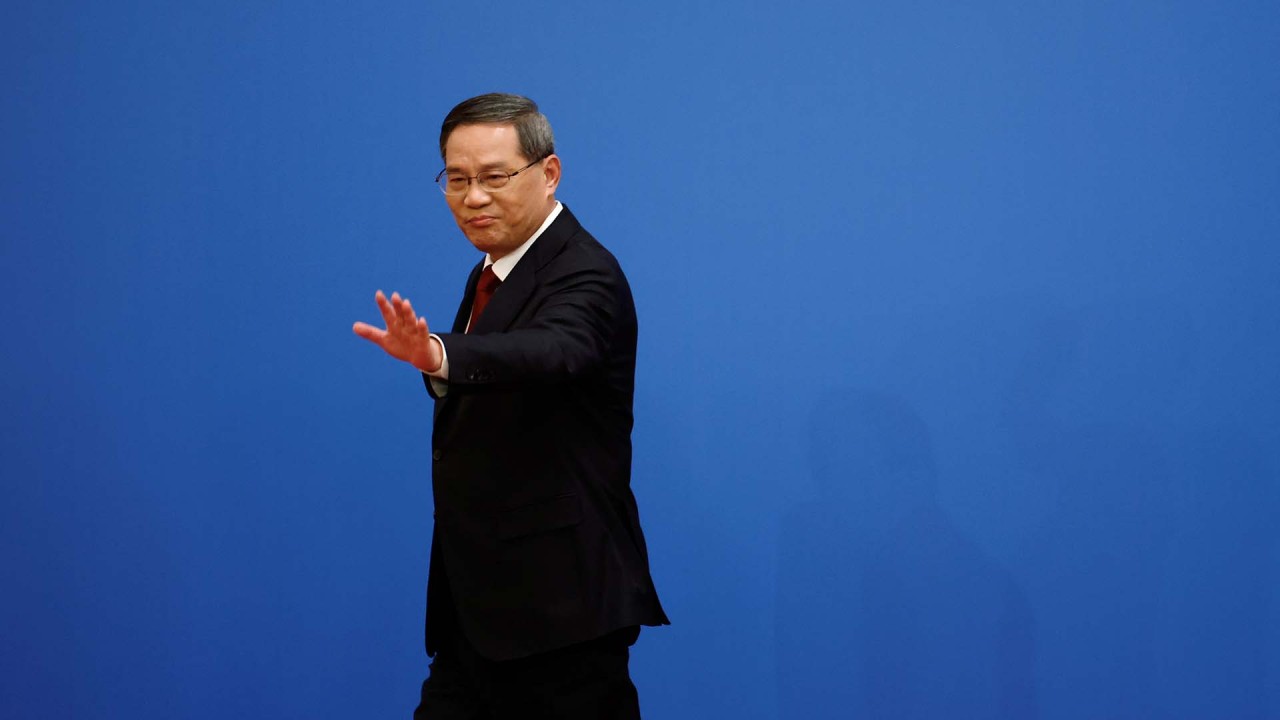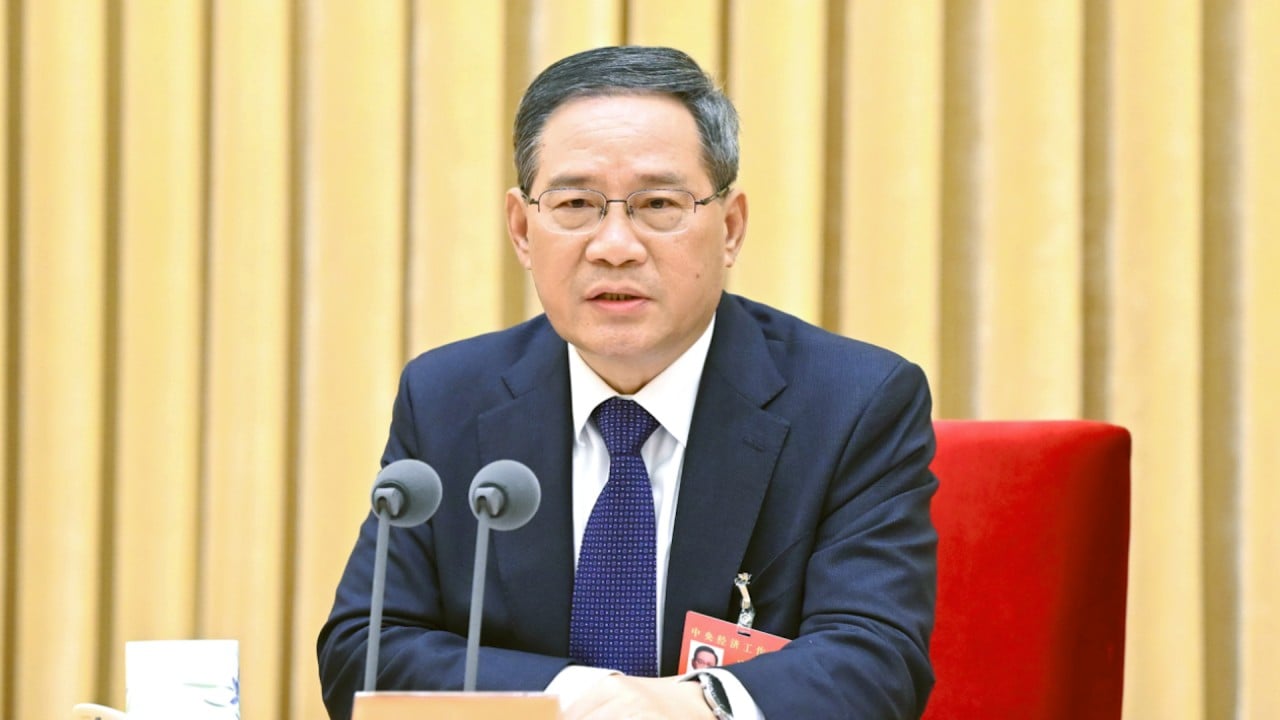
China’s new premier, Li Qiang, takes pro-private sector campaign on the road
- In his first trip in the new job, Li targets embattled export and manufacturing sectors with stops in Guangdong and Hunan
- He telegraphs the same message he sent more than a week earlier as he took on the role
Li visited the southern export hub of Guangdong province on Thursday, according to sources familiar with the trip.
Li, 63, the second-ranking member of the Communist Party’s inner circle, the Politburo Standing Committee, has taken on the job of co-piloting China’s economic and social development as the country confronts a series of domestic and international challenges.
Besides weak consumer and private sector confidence at home, the country is grappling with faltering exports and escalating tensions with the United States and its allies.
Last year, its pandemic-hit economy grew just 3 per cent – the country’s second lowest rate since 1976 – and this year it is aiming for around 5 per cent.
Beijing’s heavy-handed antitrust regulation has also dealt blows to a number of China’s major tech giants in the past two years.
Shenzhen is also a highly symbolic city because it was the launchpad for China’s reform and opening up policy promoted by late paramount leader Deng Xiaoping. President Xi Jinping and former premier Li Keqiang both visited a statue of Deng when they were in the city to convey a message of openness.
Today, the tech hub is facing a tough time as tensions rise with the United States, with the US restricting the access of Chinese firms to advances in areas such as semiconductors, and drone and artificial intelligence technology.
Guangdong, one of China’s export power centres, is also struggling to restart its export machines after three years of strict Covid control policies and amid weakened global demand as a result of the war in Ukraine.
“As the situation at home and abroad undergoes complex and profound changes, the development of China’s manufacturing industry is facing an important juncture and the efforts to strengthen the industry must be increased,” Li told state radio, according to Reuters.
Li urged the executives to “promote high-level technological independence and self-reliance, and push forward the transformation and upgrading of traditional manufacturing industries”.
The premier also promised to create a business-friendly environment with market-oriented and law-based policies, while providing policy support to foster the development of advanced manufacturing.
In addition, Li urged entrepreneurs to help shift the focus from production to innovation and from products to brands, in reference to a change from “Made in China” to “Created in China”.
Companies should “accelerate the transformation and shift of Chinese manufacturing into Chinese creations and Chinese products into Chinese brands”, he said.
On Friday, during a meeting of the new cabinet, Li further pledged to focus on the real economy by boosting the private sector and stabilising foreign investment.




